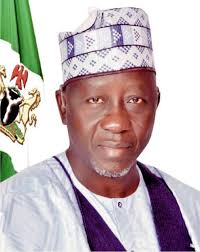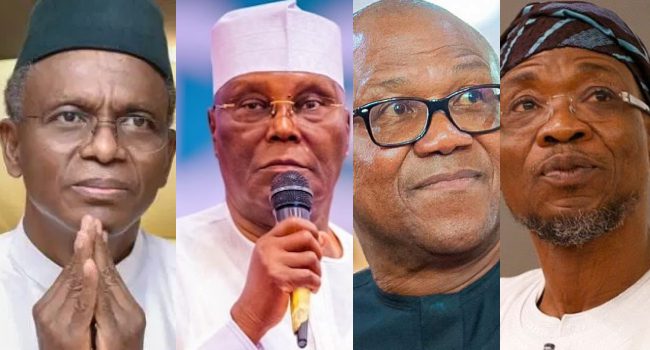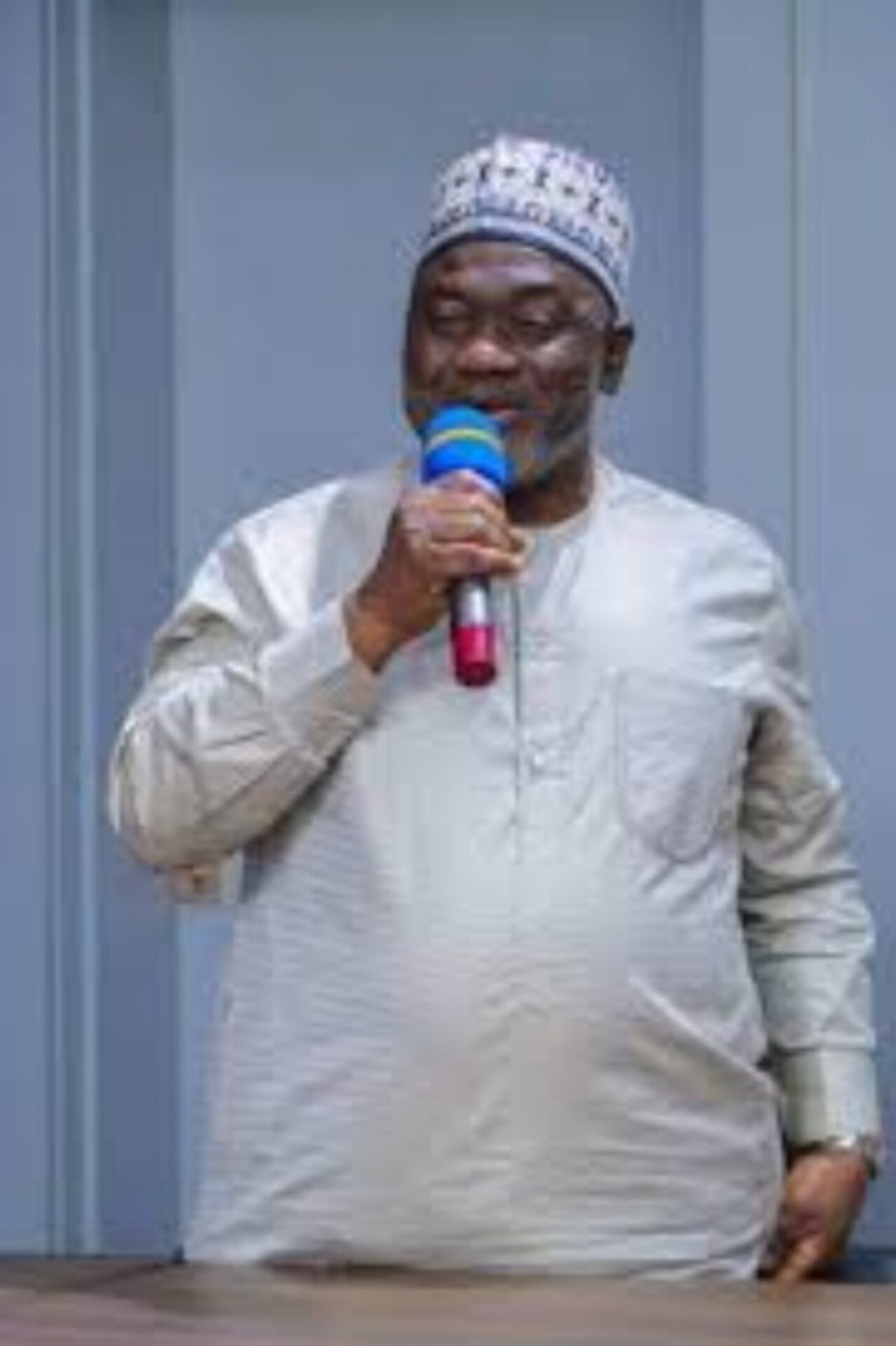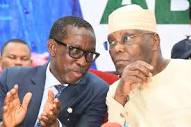BFOForenator Umaru Tanko Al-Makura, life begins at 70. On Tuesday August 15, the immediate past Governor of Nasarawa State celebrated his 70th anniversary, with praises and thanks to the almighty.
Fly called Ta-al by friends, associates and well wishers, the Senator representing Nasarawa South Senatorial District in the ninth National Assembly, knows what it takes to move from zero to hero in a gradual, but steady climb on the social ladder.
TTa-als not intimidate anybody. But, he has not failed to disarm anybody that comes in contact with his love for humanity, simplicity and humility. Those virtues were at play when recently virtually all the stakeholders of the ruling All Progressives Congress (APC) pointed him out as the consensus preference for the position of national chairman of the party.
Hoer, like a gold fish that has no hiding place, while party stalwarts wanted Ta-al at the head of the party’s National Working Committee (NWC), his sterling contributions on the floor of the Senate equally compelled a rethink in favour of national interest.
Prior to his exploits in the field of politics, Ta-al demonstrated his keen sense of responsibility and foresightedness through his business ideas and outfits. That business acumen led to the founding of Almakura Nigeria Limited, a company that specialised in the importation and technical support services for agricultural and industrial machinery.
As the business ballooned, he veered into real estate and property development in major cities in Nigeria, including Lagos, Kano and Abuja, as well as in the United States of America.
However, despite his exploits in the business world, his meteoric rise in politics, was met with a lot of challenges and battles, which he overcame and rose to the centre of national political acclaim. Of course, backed with experience and political exposure from an early age, Ta-al’s wide network and personal attributes helped to push him through various dangerous obstacles.
For instance, having served as the youth leader of National Party of Nigeria (NPN) in 1980 and subsequently elected into the Constituent Assembly in 1988, Ta-al was later made the Nasarawa State secretary of National Republican Convention (NRC).
So, joining the Peoples Democratic Party (PDP) with that rich political resume, it was easy for friends and associates to prevail on the former two-term governor of Nasarawa State chief executive to aspire to govern the state in 1999. But, Ta-al bided his time.
Twelve years later, precisely in 2011, Ta-al knew that the time was ripe, because not only were his exploits in business and politics at an early age common knowledge, he resolved that the governorship election of that year would be a referendum on the performance of the incumbent, Governor Aliyu Akwe-Doma.
That resolve propelled Ta-al to move over to the then fringe party, Congress for Progressives Change (CPC), which was formed by General Muhammadu Buhari and his allies after the All Nigeria Peoples Party (ANPP) betrayed him in the 2007 general elections.
By the time he joined CPC, Senator Almakura resisted the pressures being mounted on him by some traditional rulers and eminent stakeholders not to contest the governorship in deference to the incumbent governor. The massive goodwill and popular endorsement the governorship aspiration enjoyed from those who believed in him as a trustworthy and accountable leader propelled him.
During the 2011 governorship poll in Nasarawa State, Almakura posted an impressive and surprising feat by defeating the incumbent governor, despite the fact that the governor belonged to the ruling party, the Peoples Democratic Party (PDP). For a politician without the support of traditional rulers, local government council chairman and other political appointees to defeat an incumbent showed how popular and generally acceptable Alhaji Almakura was.
While in office as governor, Ta-al deployed the experience he garnered over the years as a teacher to reach out the people through the provision of critical infrastructure and social amenities.
So committed was Almakura to his governance vision and determination to lift Nasarawa State from the doldrums of underdevelopment that by the time he left office in 2019, about 320 kilometres of roads had been delivered by his administration. It was through his aggressive infrastructure programme that Taal opened up the rural communities of the state for greater participation in socio-economic activities in the country.
As a trained teacher, Senator Almakura devoted equal zeal in the construction of schools equipped with modern amenities and technical learning utilities. To this day the iconic Taal model schools dot the entire 13 local government areas of the state. He also digitalized the land allocation and registration system, thereby attracting the economic benefits of the Federal Capital Territory (FCT) through increased population and attendant internally generated revenue to the state.
One huge ambitious project that Taal embarked upon was the construction of an Airport, which helped to complement the opening up of the land locked state. The aim of this piece is not to trace the achievements of Senator Tank Almakura in his eight years sojourn as Nasarawa State governor, but to highlight a leader’s social contract with his people.
It was therefore a measure of his continued acceptability and acclaim in the state that the people continue to tap on him for leadership positions, thereby giving credence to the saying that the reward for good work is more work.
For instance, if it was feasible to divide Taal into two parts, he would have been a Senator and party chairman at the same time according to the wishes of the masses. That in itself is a testimony to empathic and trustworthy leadership.
As he turned the platinum jubilee of 70, Taal continues to occupy the hearts of the people. Expressing his feelings about the epoch, the Senator stated: “I thank God almighty that I have been able to be around for 70 years and have been very lucky to have attained whatever I have attained in life through sheer dint of hard work, commitments, determination and above all destiny.”
The sun does not set in the progress of such a grateful heart that accommodates all. Congratulations to this man of the people and especial gift to Nigeria from Nasarawa State.
At 70, Ta-al still stands tall in people’s hearts




